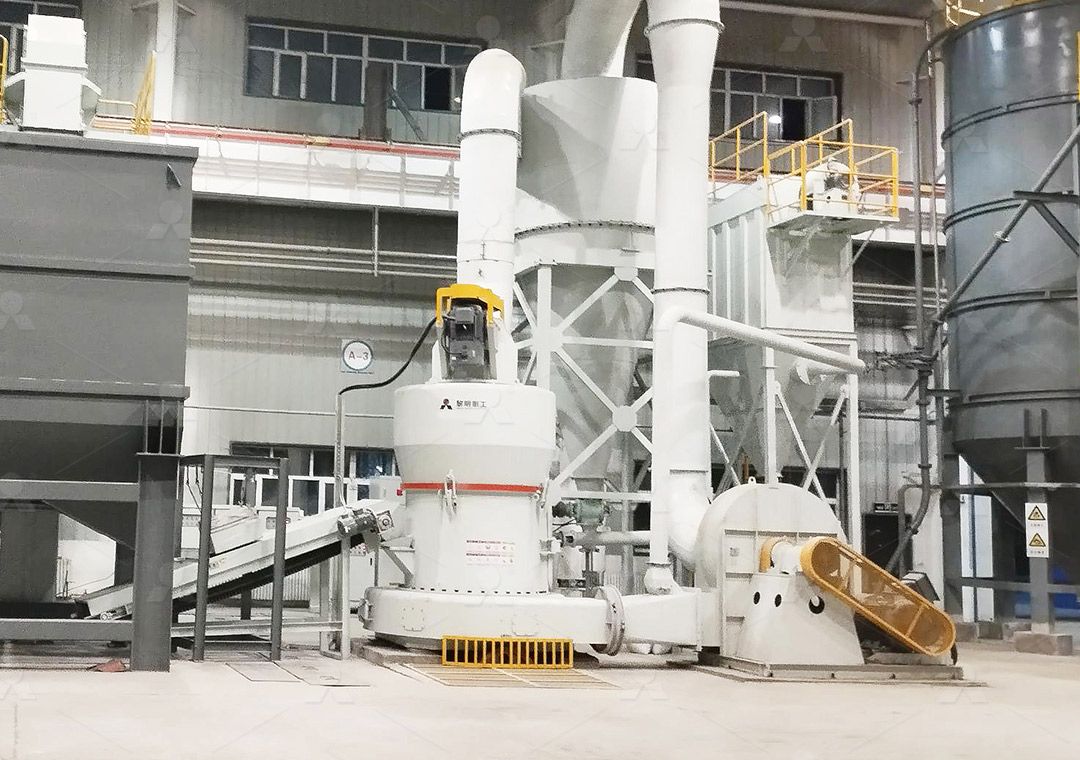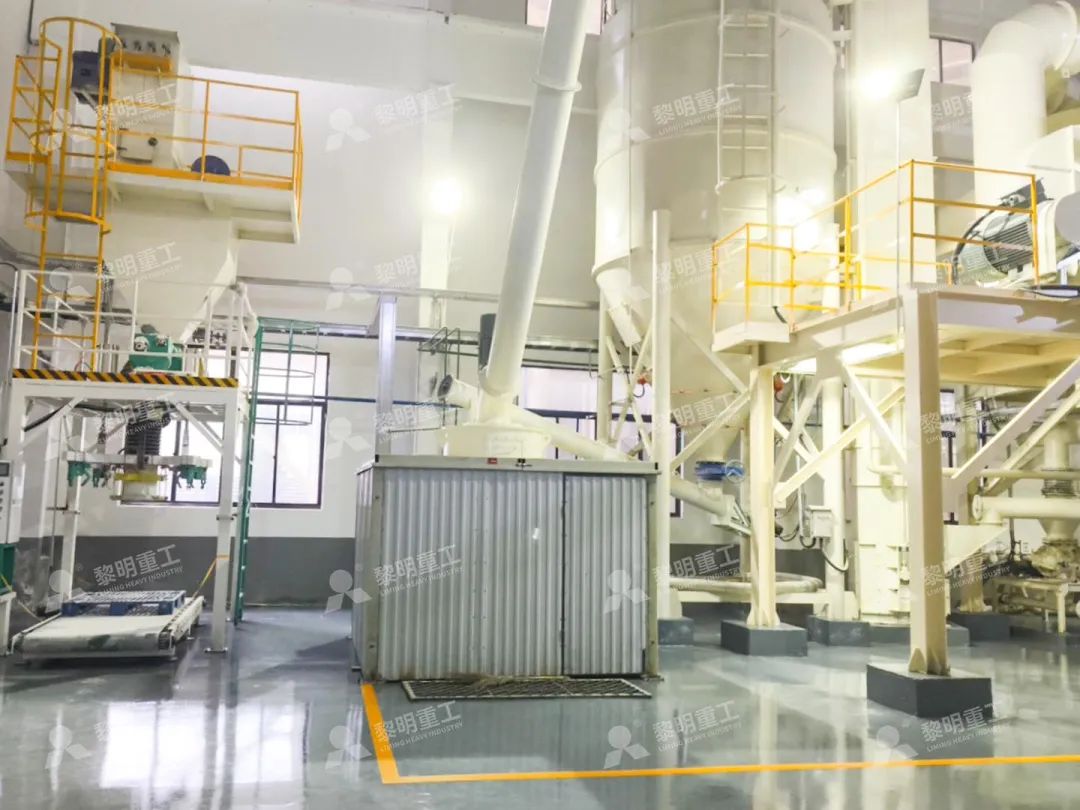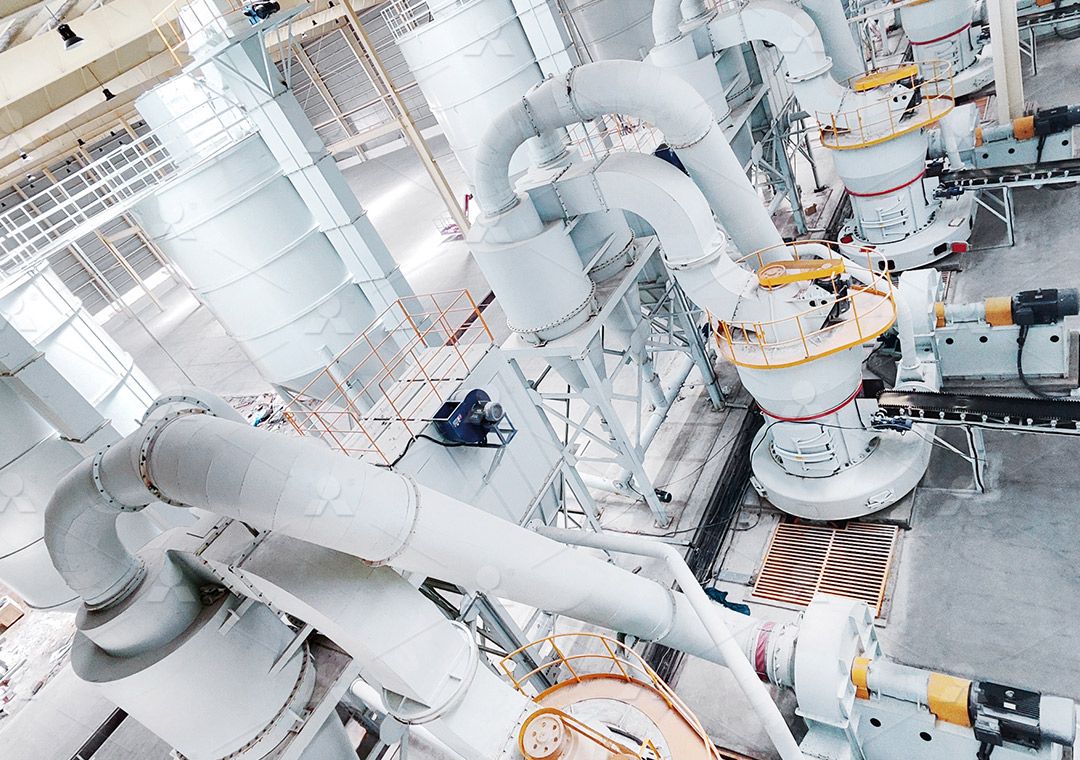High-Efficiency Potassium Feldspar European Grinding Mill for Fine Powder Production
We provide a wide range of mills — including Raymond mill, trapezoidal mill, vertical mill, ultrafine mill, and ball mill, obtained ISO9001 international quality certification, EU CE certification, and Customs Union CU-TR certification. Suitable for processing minerals such as limestone, phosphate, quicklime, kaolin, talc, barite, bentonite, calcium carbonate, dolomite, coal, gypsum, clay, carbon black, slag, cement raw materials, cement clinker, and more.
The discharge range of these mills can be adjusted to meet specific processing needs, typically from 80-400 mesh, 600-3250 mesh, and can achieve the finest particle size of up to 6000 mesh(D50).
If you are looking for a reliable grinding solution to turn stone or minerals into fine powder, please feel free to contact our online customer service.
High-Efficiency Potassium Feldspar European Grinding Mill for Fine Powder Production
The mineral processing industry continuously seeks advanced solutions for transforming raw materials like potassium feldspar into high-value fine powders. European grinding technology has emerged as the benchmark for efficiency and precision in this demanding field, offering significant advantages over traditional milling methods.

The Challenge of Potassium Feldspar Processing
Potassium feldspar presents unique processing challenges due to its hardness (6 on Mohs scale) and the requirement for consistent particle size distribution in industrial applications. Traditional grinding methods often result in excessive energy consumption, inconsistent particle distribution, and contamination from grinding media wear. The industry demands solutions that can produce powders ranging from 325 to 2500 meshes while maintaining chemical purity and optimizing production costs.
Advanced European Grinding Technology
Modern European-style grinding mills incorporate several technological innovations that address these challenges directly. The integration of intelligent powder separation systems, precision grinding curves, and advanced material handling creates a comprehensive solution for potassium feldspar processing. These systems are designed specifically for hard mineral applications where consistency and purity are paramount.
Recommended Solution: MW Ultrafine Grinding Mill
For operations requiring ultra-fine potassium feldspar powder, our MW Ultrafine Grinding Mill represents the pinnacle of grinding technology. This system processes materials with input sizes up to 20 mm and delivers production capacities ranging from 0.5 to 25 tons per hour. The MW series stands out for its exceptional efficiency in transforming potassium feldspar into premium-quality fine powders.
The innovative design eliminates rolling bearings and screws within the grinding chamber, addressing common failure points in conventional mills. This engineering decision significantly reduces maintenance requirements and prevents contamination from mechanical wear. The cage-type powder selector, incorporating German technology, enables precise control over final product fineness between 325-2500 meshes.

Operational Advantages for Feldspar Processing
When processing potassium feldspar, the MW Ultrafine Grinding Mill demonstrates remarkable performance characteristics. The system achieves 40% higher production capacity compared to jet grinding mills and double the output of ball grinding mills at equivalent fineness levels. Meanwhile, energy consumption is reduced to just 30% of that required by jet milling systems.
The integrated pulse dust collection system ensures environmentally responsible operation by containing fine particles throughout the grinding process. This feature is particularly valuable when processing potassium feldspar, as it preserves product quality while maintaining clean working conditions. The external lubrication system allows for continuous 24-hour operation without shutdowns for maintenance.
Alternative Solution: MTW-Z European Trapezium Mill
For operations requiring high-volume processing with slightly larger input sizes, our MTW-Z European Trapezium Mill offers an excellent alternative. This system handles input materials up to 50 mm with production capacities reaching 55 tons per hour. The MTW-Z incorporates advanced features including dilute oil lubrication technology that reduces maintenance requirements and improves operational reliability.
The elastic volute damping structure specifically addresses vibration challenges common in feldspar grinding applications, ensuring stable operation and extended equipment lifespan. The low-resistance hanging cage-type powder concentrator provides efficient separation with minimal energy consumption, making it ideal for high-volume potassium feldspar processing operations.

Application-Specific Benefits
In ceramic and glass manufacturing, where potassium feldspar serves as a crucial flux material, the consistent particle size distribution achieved by European grinding technology translates to improved product quality and manufacturing efficiency. The whiteness and purity of the final powder are preserved through the non-contact grinding principles and minimal iron contamination.
The digital processing capabilities of these advanced mills ensure precision manufacturing of core components, resulting in reliable performance and extended service intervals. Combined with comprehensive technical support and genuine spare parts availability, these grinding solutions provide potassium feldspar processors with dependable, long-term production capabilities.
Frequently Asked Questions
What fineness range can be achieved when grinding potassium feldspar with the MW Ultrafine Grinding Mill?
The MW Ultrafine Grinding Mill produces potassium feldspar powder with adjustable fineness between 325-2500 meshes, with screening rates achieving d97≤5μm in a single pass.
How does the European grinding technology reduce operational costs?
These systems lower energy consumption by 30-50% compared to conventional mills, reduce maintenance through innovative designs that eliminate internal bearings and screws, and minimize downtime with external lubrication systems.
What production capacity can be expected for potassium feldspar processing?
Depending on the specific model, capacities range from 0.5-25 tph for the MW series and 3-55 tph for the MTW-Z series, with the actual output varying based on input size and target fineness.
How do these mills address environmental concerns?
Integrated pulse dust collectors contain fine particles, while silencers and noise elimination rooms reduce acoustic pollution, ensuring compliance with international environmental standards.
What makes these mills suitable for continuous operation?
Features like external lubrication systems, durable wear-resistant components, and automated controls enable 24-hour operation with minimal supervision and maintenance requirements.
